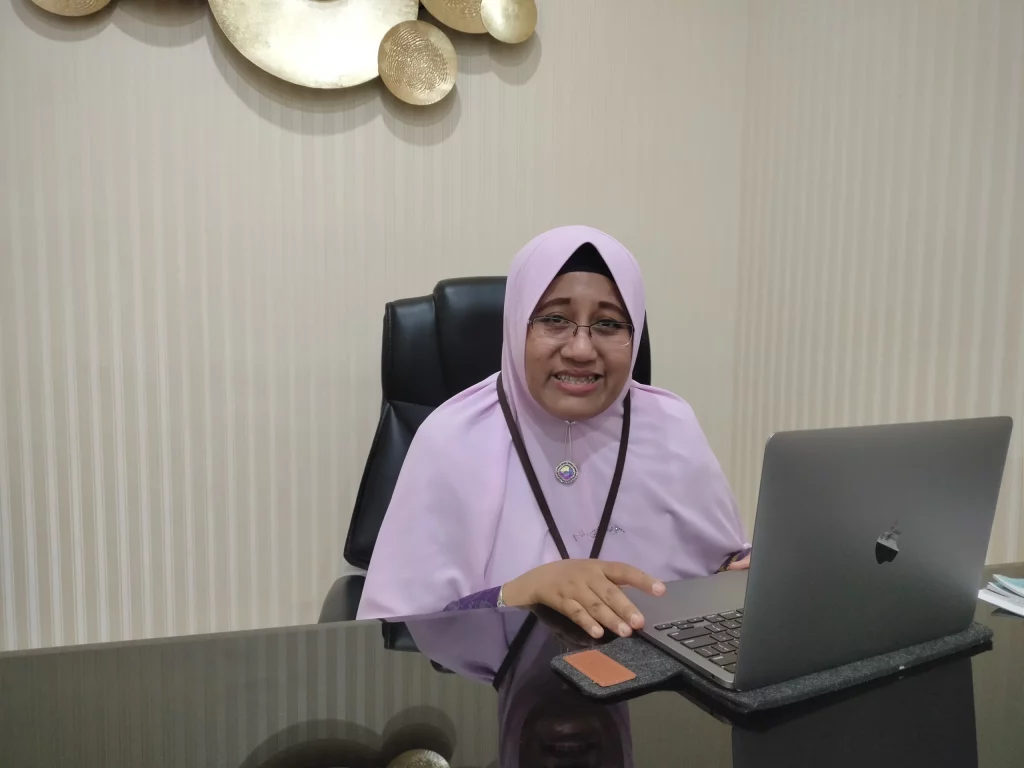UNAIR NEWS – Zakat is the obligatory contribution that a Muslim must give to those entitled to receive it. There are eight categories of recipients: the Fakir (poor), Miskin (needy), Amil (zakat collectors), Muallaf (new Muslim converts), Riqab (those in bondage or slavery), Gharim (those in debt), Fisabilillah (those striving in the path of Allah), and Ibnu Sabil (wayfarers).
In addressing this topic, UNAIR NEWS interviewed the Professor of Islamic Economics and Islamic Finance at the Faculty of Economics and Business (FEB) Universitas Airlangga (UNAIR), Prof. Dr. Tika Widiastuti SE MSi on Saturday, March 30, 2024. Prof. Tika explained that implementing this third pillar of Islam has the potential to enhance the welfare of society.
“Many media outlets have reported the significant potential of zakat in Indonesia. Approximately 10 years ago, around 200 trillion was collected, and now it has increased to about 300 trillion,” explained Prof. Tika.
Governance

Furthermore, Prof. Tika stated that despite its immense potential, there are various challenges including governance. The management institutions, she continued, must be more modern and accountable in their management practices to gain public trust.
“Reports of cases involving management institutions have led to a decline in public trust. Management institutions should be more modern and accountable in their operations,” explained Prof. Tika.
On the other hand, there is also an issue with Muzakki (those who pay zakat) channeling zakat to institutions that are not directly registered as management institutions. Hence, transparency in zakat management needs to be improved.
Digitalization of zakat
To address these issues, Prof. Tika continued, that digitalization is one of the solutions that can be implemented. Through digitalization, the public can obtain information about where their zakat has been disbursed.
“Although some institutions have implemented digitalization, only a small portion is known to the Indonesian public. Therefore, there is a need for commitment from management institutions to carry out digitalization to enhance transparency in zakat management,” Prof. Tika stated.
Through this digitalization, she hopes the management institutions can gain the public trust as places to channel their zakat.
Author: Muhammad Rizal Abdul Aziz
Editor: Yulia Rohmawati









